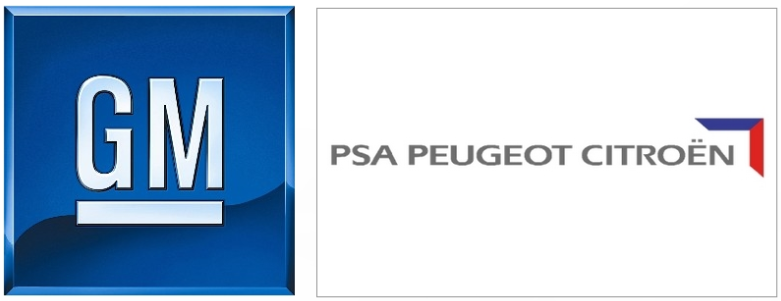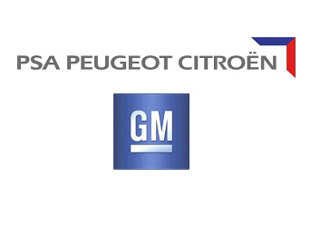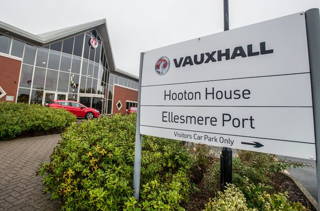Vauxhall workers must be heartily sick of the regular crises that engulf their employer.
Just a few years after winning a new Astra for Ellesmere Port and a new Vivaro for Luton, their new-found job security is again under threat.
Back in 2012, GM Europe decided to close Ellesmere Port and save Bochum in Germany.
Only an unlikely alliance of union leader Tony Woodley and Business Secretary Vince Cable saved the plant: Cable flew to Detroit to persuade the US parent to overrule GM Europe and close Bochum instead.
Today the situation looks equally grim.
GM says Brexit is costing it $300 million a year, and means Opel/Vauxhall will lose money again in 2017.
Detroit seems to have decided that enough is enough, and wants rid of the problem.
Meanwhile, the recovering PSA Peugeot-Citroen is making decent profits (a surprising €1.4 billion in the first six months of this financial year), but believes it needs to bulk up to stay competitive.
It only made 3.2 million cars last year, which is well below Fiat Chrysler (five million) and Renault Nissan (8.5 million), let alone VW and Toyota, which made 10 million each.
Adding one million Opels and Vauxhalls would not solve the problem, but it would help.
Vauxhall’s forthcoming Qashqai-fighter, called the Grandland X, will actually be made in a Peugeot factory (the result of an earlier platform-sharing agreement), and could cut demand for the Astra.
If the deal goes through (and lots of proposed mergers do fail at the 11th hour), PSA will have to decide which plants to close.
Keeping all PSA and GM Europe plants open is not an option, as GM runs at only 65% capacity, and needs to cut costs.
The GM factory in Zaragoza, Spain is both huge (over 400,000 cars a year) and low cost.
Gliwice, Poland is very low cost, so that leaves Germany and the UK.
Opel saw how hard it was to close Bochum (in Germany they believe factory closures are what happen to other people).
The two remaining German factories are Eisenach, which is a flagship investment in the old East Germany and is politically sensitive, and Russelsheim, which is off the scale when it comes to political sensitivity.
Russelsheim has been the corporate headquarters of Adam Opel long before GM bought the company, and Opel is often seen in Germany as a great domestic brand led astray by dumb American owners.
As a final political consideration, a closure in Germany would carry the message, “we are closing your factory to save the jobs of the Brits who voted for Brexit”.
Whether that message is true is not really the point, Chancellor Merkel would simply not stand for it in an election year.
There are two other model factors which do not help the British position.
Ellesmere Port is one of the two plants making the Astra, but the whole European market is moving away from hatchbacks to crossovers.
Vauxhall’s forthcoming Qashqai-fighter, called the Grandland X, will actually be made in a Peugeot factory (the result of an earlier platform-sharing agreement), and could cut demand for the Astra.
If that happens, there will be no need for two factories making Astras.
The second factor is that Luton makes a van that is essentially a Renault Trafic.
If PSA buys Luton, it is hard to imagine Renault being happy that its van is being made by its arch-rival, and it is no secret that Renault would like to boost production at Sandouville, France by bringing back production from Luton.
However you look at it, the next few months look very difficult for Vauxhall workers.
Author: David Francis


















Login to comment
Comments
No comments have been made yet.